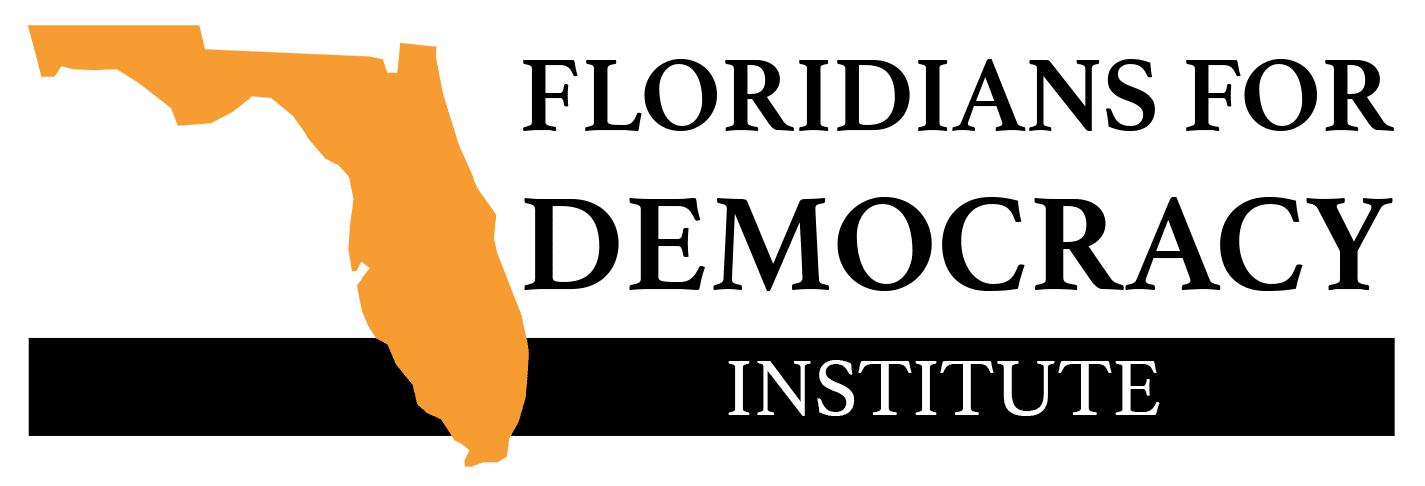Just a few short years ago the Florida Board of Governors (BOG) directed each of the State’s public universities to make “diversity, equity and inclusion” (DEI) a strategic priority. To quote from that document, “the Board of Governors is making a clear and steadfast commitment to prioritize diversity, equity and inclusion in the State University System and to hold each university accountable for policies, programs and actions that will codify and operationalize the Systems commitment “(October 2020). Then the political winds changed leading to a relentless, intense, jargon driven assault on university DEI commitments and those who continued to support those commitments. The BOG joined the assault. The label “woke” was attached to efforts to recruit and welcome those who may not have traditionally felt welcomed at places like Florida Gulf Coast University (FGCU).
From the perspective of the role I once played I regard diversity, equity and inclusion as central to meeting the needs of the citizens of the region served by FGCU. It wasn’t woke it was and is solid social and economic development policy. Here’s why.
Southwest Florida struggles with labor shortages in a number of critical job categories: medical professionals especially nurses and physical therapists, teachers, technology specialists, first responders, engineers and so on. This is so because the region has one of the lowest workforce participation rates in the nation, 52 percent compared to 58 percent for the state and 63 percent for the nation. The region is dominated by those who have aged out of the workforce but put enormous demands on the workforce.
And those same older citizens, myself included, have bid up the cost of housing making it extremely difficult to attract new, working age citizens with families.
So the most effective way to grow a workforce that meets the region’s long term needs is to grow and educate our own. And the pool of those who can fill these needs will be increasingly dominated by minorities, especially Hispanics. The math is quite straight forward. In Lee County the population is 25 Hispanic but 49 percent of the students in Lee County Schools are Hispanic. These ratios are nearly identical in Collier and Charlotte Counties.
The future of the region’s economy will depend on the capacity of post- secondary institutions to recruit, retain, graduate and launch these graduates into a high demand career path. Every citizen will benefit from building a diverse, inclusive, educated and productive future workforce. The commitment to DEI, in post- secondary education is, in my view, central in making this happen.
A case can certainly be made that a costly bureaucracy is not necessary to implement the spirit of DEI or to yield its benefits. But articulating the underlying values inherent in engaging a diverse group of citizens in workforce preparation is fundamental. In this region every qualified prospective student should be encouraged to invest in education that will serve each of them and, in turn, advance the greater good.
So for me it’s time to mute the political rhetoric and create an informed, pragmatic approach to shaping a comfortable future for every Southwest Florida citizen. Celebrating diversity, ensuring equity and embracing inclusion is a must. At FGCU making this unambiguous sends the message that “EVERY qualified and motivated student is welcome”!
